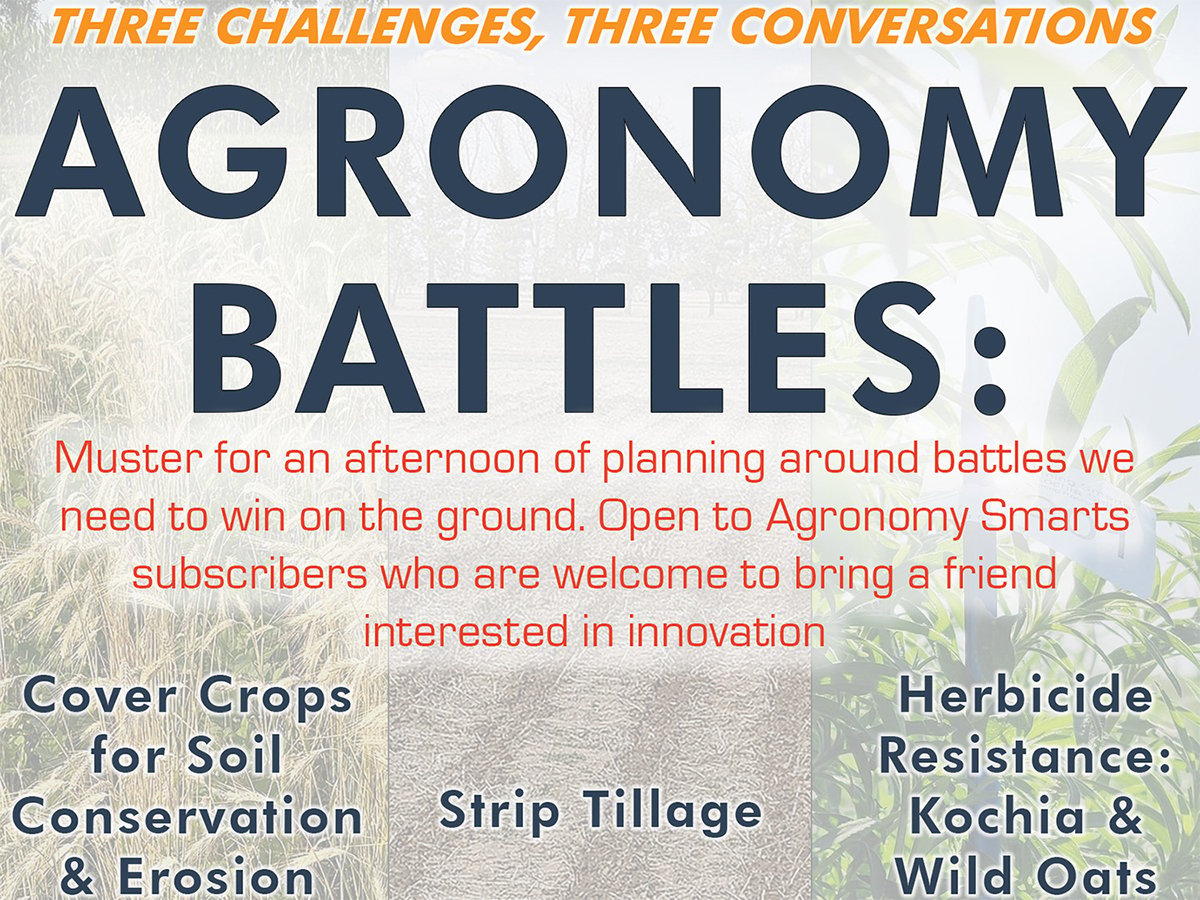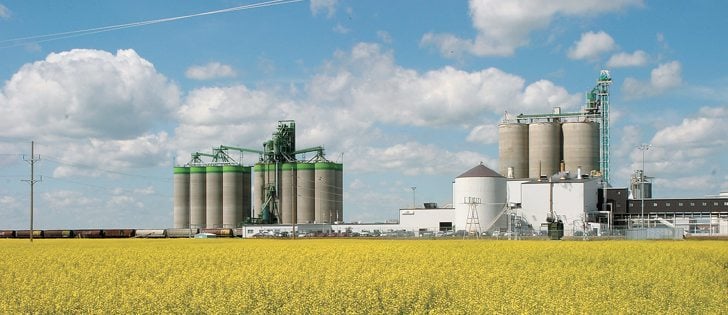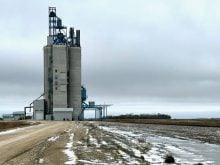The Organic Crop Improvement Association (OCIA) Research and Education board (RnE), a respected international organic organization, has chosen Lyle and Robyn Hamann of Regina as this year’s outstanding organic farmers.
The award celebrates the expertise and commitment of organic farmers.
The Hamanns join an exemplary group of outstanding organic farmers from previous years, including Dwayne Woolhouse of Assiniboia, Sask., Marc Loiselle of Vonda, Sask., Darrel and Marva Holt of Nebraska, Victor and Elizabeth Chrapko of Brosseau, Alta., Danny Rempel of Hodgeville, Sask., and Kevin Beach of Ernfold, Sask.
Read Also

Farming Smarter to hold Agronomy Battles series
Southern Alberta non-profit research institute hope grassroots sessions with producers help focus future research on cover crops, strip tillage and herbicide resistance
A farmer or farm family is nominated by their OCIA chapter, which is a group of local organic farmers who meet regularly to share cropping and marketing information. Every nominee is already deemed outstanding among their local peers. In the final selection, the winner is deemed outstanding across the entire membership of OCIA International.
The criteria for the award include excellence in organic practice, including cropping, livestock and environmental practices, farm safety procedures, food safety and community involvement. The Hamanns excel in each category.
They manage Quinella Ranch, only six kilometres from the original Hamann homestead. The farm was first certified organic in 1995.
The Hamanns grow wheat, barley and flax and use yellow blossom sweet clover for soil fertility and alfalfa grass mixes for livestock feed and grazing. They also run 80 head of beef cattle, mostly Blonde d’Aquitaines.
Livestock and cropping are well integrated. The usual rotation includes five years of alfalfa and grass forage, which reduces weeds and provides diversity as well as grazing.
Forage breaking is followed by wheat, which benefits from the higher nitrogen level. Flax follows wheat while the field is still relatively clean of weeds. Barley is used as a clean-up crop and is under-seeded back to forage.
“In my opinion, having livestock in the organic farming system is ideal,” Lyle Hamann said.
“You can utilize the forage rotation by grazing or haying, which allows the land to be in forage for a number of years. This method is ideal at weed control, and the natural application of manure is also beneficial as a soil building feature.”
Hamann sees forages as a key in his weed control and soil building strategy.
“I have found over the years that a lot of weeds can’t compete with forages,” he said.
Weed levels, especially Canada thistle and quack grass, increase during the grain years but fall when the rotation returns to forages.
Forages also build nitrogen levels and phosphorus availability. They build humus, as does a weed green manure during pasture breaking.
Hamann said his methods are not unique.
“I simply try to use common sense. Over this many years of farming and farming organically, you soon learn what works and what doesn’t. For me the forage rotation is the key.”
Slightly more than a quarter of their land is in “ecological acres,” which is land left in its natural state.
Quinella Ranch has an abundance of natural bush, sloughs, marsh land and native prairie, which provide habitat for water fowl, amphibians, upland game birds, deer, moose and coyotes.
“We’re finding an increase of different bird species every year,” said Hamann, who attributes this to not using chemicals and fertilizers, leaving natural areas, and sound management of the woodlots.
The Hamanns have been involved members of the organic community. Robyn serves as the administrator of their local OCIA chapter, and Lyle has been involved on the board of the local chapter and of OCIA International and on several of its committees.
The Hamanns don’t just go through the motions. They are passionate about what they do.
“We have introduced several local farmers to the methodology and practise of organic farming,” he said.
“We have spent countless hours at our kitchen table over coffee mentoring (other producers). Personally, I feel that organic farming is not just a matter of following a set of standards but also requires the mental psychology of wanting to produce healthy food while leaving as little an environmental imprint as possible for generations to come. Basic stewardship is not a given right, it’s a privilege. I am always ready, willing and able to talk organic farming with anyone willing to listen.”
The strong representation of Saskatchewan farmers in this international Outstanding Organic Farmer award is testament to the dedication of prairie farmers to organic principles, sound organic practice and sharing innovation.
May 28-31
- Four Days of Dirty Tricks and Dirty Secrets
- Calgary
- www.vergepermaculture.ca/courses/dirty_tricks2012
May 25-26
- Food in the City Conference
- Edmonton
- www.edmonton.ca/city_government/urban_planning_and_design/food-in-the-city-conference.aspx
June 14-17
- Making More with Microbes
- Saskatoon
- www.permasask.ca/main/
July 5-8
- Four Days of Dirty Tricks and Dirty Secrets
- Edmonton
- makingmorewithmicrobes.eventbrite.ca/
July 23
- Natural Systems Agriculture Field Tour
- Carman
- Man.
- www.umanitoba.ca/outreach/naturalagriculture/
Nov. 2-3
- Organic Connections Conference
- Regina
- www.organicconnections.ca/














